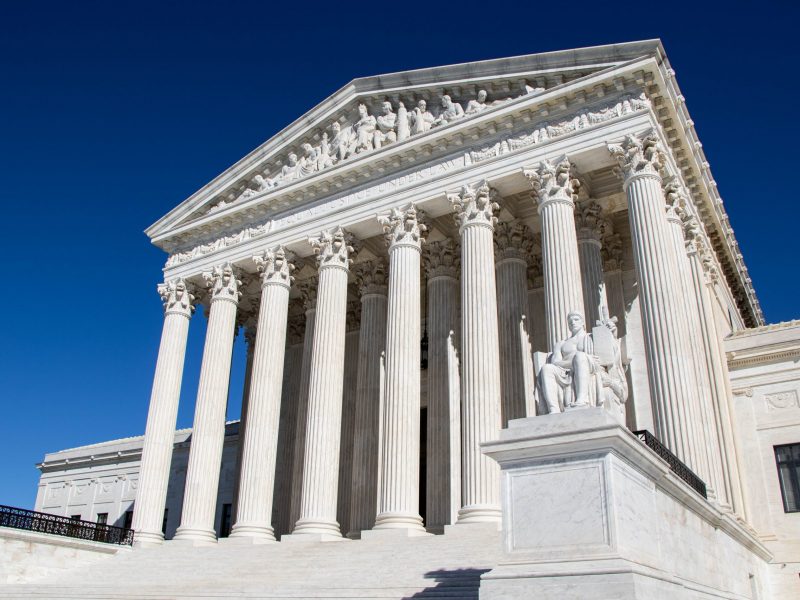We’ve all been there: You post something on social media — maybe a picture of you and your friends out on the town, maybe that beautiful sunset you witnessed or maybe the latest selfie you spent half an hour posing for — and now you anxiously wait for the likes, favorites and views from your friends and followers to pour in.
The more recognition our post gets, we think, the better it was. Whether it be in the form of golden stars on Twitter, a blue thumbs-up on Facebook or a bright-red heart on Instagram, those fleeting moments of validation from our friends, family or Internet acquaintances drive our social media obsession and leave us coming back for more.
We judge our experiences and thoughts we share on social media by the responses they receive and in turn tie our self-worth to our social media presences. I’ve had multiple friends say their “ratio” — the number of likes they receive per minute — on a post wasn’t sufficient, so they deleted pictures they had posted excitedly on Instagram less than an hour before. Go to a concert and you’ll notice numerous people so engrossed in capturing photographs for their social media that they aren’t aware of what’s actually happening on stage.
No longer can we simply go out with a couple of friends and have a good time — now we also need upward of 60 people to know what we’re up to and make us feel like we matter by giving us a thumbs-up or a double-tapped heart. Heck, some of us can’t even order food at a restaurant without reflexively showcasing it to our hundreds of online connections.
What’s strange about this practice, however, is just how many of us are adversely impacted by social media but keep coming back for fear of losing touch or appearing antisocial.
All one needs to do is look at Google’s autocomplete suggestions for searches about how social media makes people feel.

Twitter makes me

Facebook makes me

Instagram makes me
Almost every response is negative. “Anxious,” “depressed,” “sad” and “jealous” were among the most common suggestions, and a feeling of inferiority appears to be the common baseline of all the responses. Far from being resigned solely to Google’s search database, there’s a slew of empirical data from studies that shines light on the not-so-good aspects of social media.
In a 2013 study from PLOS, a nonprofit scientific publishing organization, researchers asked 82 participants about their Facebook use and current emotional state over a two-week period. The more a person used Facebook, the worse their level of life satisfaction, according to the study.
Another study from the University of Missouri supports these findings, but with a caveat. The study, which collected data from more than 700 college students, found that people who use social media to stay connected with their friends and family would experience few detrimental effects. However, those who use social networks to judge their accomplishments against their peers can experience higher levels of depression and anxiety, according to the study.
Not only does social media make some of us feel bad, but we’re painfully aware of its effects as well. A study from the University of Salford in the United Kingdom, which polled 298 social media users, found that more than half of those surveyed said the sites have had a negative impact on their behavior. Similarly, 60 percent of college-aged women said social media diminishes their confidence, according to a study from the Dove Self-Esteem Project.
Even though we are cognizant of the negative impacts that can arise from social media use, we’ve developed a psychological dependence to validation we receive on such sites. Multiple studies have shown that when someone likes or favorites your post on social media, you receive a burst of dopamine that activates your brain’s reward center. It’s a process strikingly similar to other types of addiction, including drug dependence.
Our generation grew up during the exponential growth of the Internet and sites like Facebook, so it’s only logical that we’ve bound our feelings of social worth to the responses we receive on social media.
This doesn’t mean social media isn’t a valuable tool with myriad benefits. It enables us to stay in touch with beloved friends anywhere in the world, access breaking news at our fingertips and follow humorous accounts that can provide much-needed laughter. Being a member of a social network exposes you to people not like yourself, which helped propel modern movements for social justice by breaking down barriers upheld by stereotypes and misconceptions.
So don’t shy away from posting that awesome picture of you and your friends heading out to a party on Instagram. If you’re feeling really revved up by some hot-button issue, by all means vent about it on Facebook. Feeling proud of that new job you just landed? Go ahead and tell your friends about it on Twitter — because hey, you earned it.
Just take the responses to your posts with a grain of salt and avoid falling down the rabbit hole of comparing yourself to others through the lens of their social media. Everyone’s putting their best face forward and leaving out the unsavory moments.
Your existence as a meaningful person is not measured by the number of likes on your latest picture or the retweets you got on that hilarious post you just sent out.
Instead, you have inherent value as a human being, which is worth more than any “ratio.” So, 100 likes or none, keep that picture up, because if you liked it, that’s all that really matters in the end.






